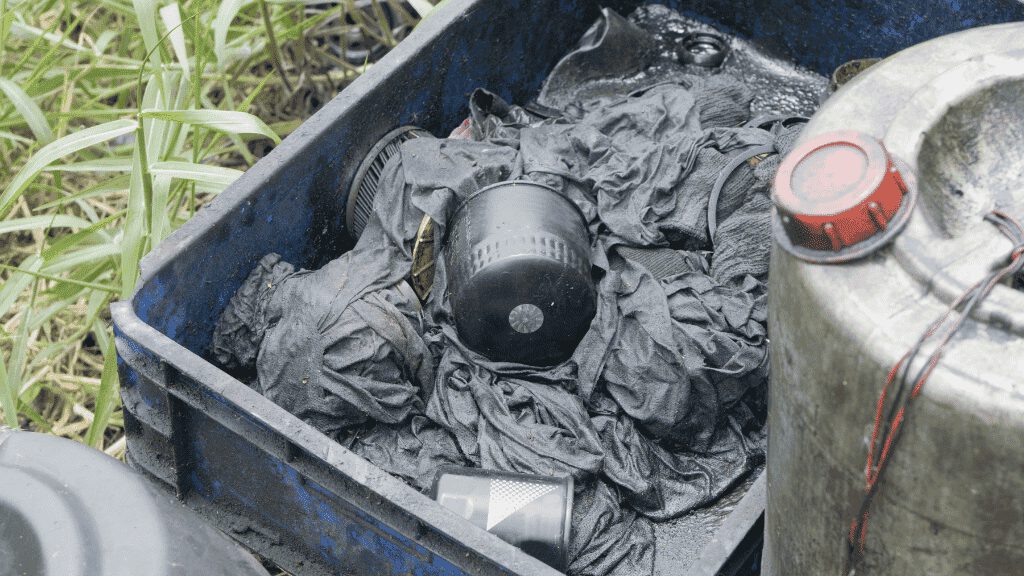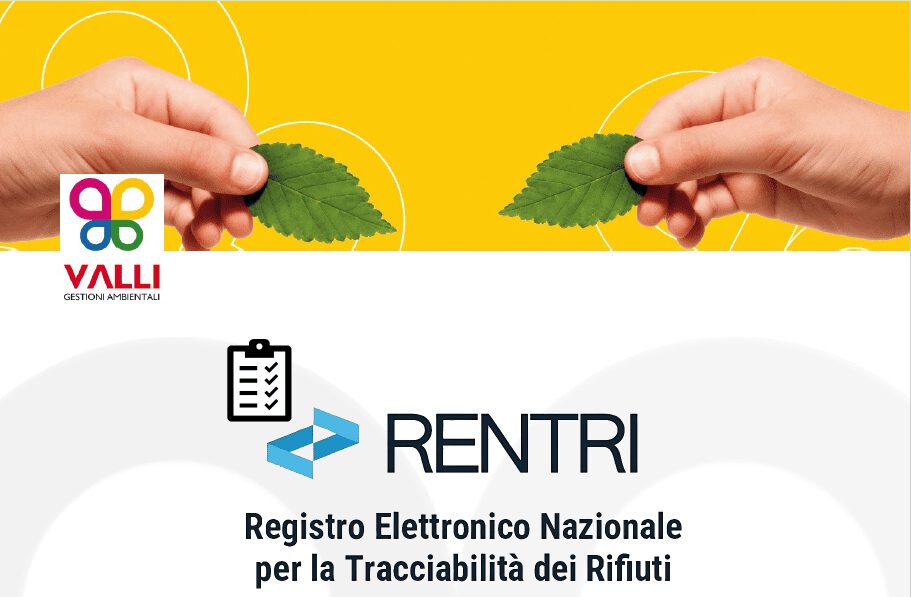Used oil is one of the most polluting substances we can generate, both industrially and domestically. The correct management of these oils, which once used lose their original properties, is essential for environmental protection. In this article, we will explore what used oil is, disposal trends and prices, best practices and regulations for handling, and the importance of using a specialized firm.
What is Used Oil
Waste oil is a highly polluting liquid that results from the use of mineral or synthetic oils in various industrial and domestic processes. When industrial, lubricating and cooking oils are used, they lose their original properties and become improper for their intended use. This includes oils from combustion engines, transmission systems, hydraulic systems and turbines, as well as those contained in used filters.
Improper handling of waste oils can have serious environmental consequences. If spilled into water or released into the ground, they can cause significant pollution, putting ecosystems and public health at risk. For this reason, it is essential that used oils are collected, stored and disposed of properly.
Used cooking oils, if not properly managed, can clog water treatment plants and contribute to the formation of solid fats in sewage systems. However, if treated correctly, they can be turned into useful resources, such as biodiesel or glycerin for saponification.
Trends and prices of used oil
The used oil market is constantly evolving, influenced by economic, regulatory and technological factors. In recent years, there has been a growing awareness of the importance of recovering and recycling used oils, prompting many companies to invest in advanced processing technologies.
Prices for waste oil disposal vary depending on several factors, including the amount of oil, its origin (industrial or domestic), and specific local regulations. Generally, the cost for recovery and recycling is lower than for thermal destruction or landfilling. However, recovery incentive policies adopted at European level can help to further reduce these costs.
In addition, the demand for products derived from the recycling of used oils, such as biodiesel, is growing. This creates economic opportunities for companies that invest in the recovery and regeneration of oils, making the waste oil recycling sector not only ecologically sustainable, but also economically advantageous.
Managing Waste Oil: Best Practices and Regulatory Aspects
Proper management of waste oils is crucial to prevent pollution and promote sustainability. Here are some best practices for managing used oils:
- Separate collection: Stow used oils in suitable containers, avoiding mixing with other substances.
- Safe storage: Store used oils in safe places, away from heat sources and flammable materials.
- Transfer to authorized entities: Transfer used oils to authorized companies for treatment and recovery.
- Accurate documentation: Provide all information regarding the origin and previous uses of the oils at the time of sale.
Regulations and laws regarding the disposal of used oil
The regulations governing the management of waste oils are strict and vary from country to country. In Italy, for example, the holder of used oil is responsible for its proper management until it is sold to an authorized company. It is forbidden to mix waste oils with toxic or harmful substances and disperse them into the environment.
Oil mixtures, including tank residues and water-oil emulsions, are subject to the same regulations as used oils. It is essential that every operator involved in the management of used oils is aware of the regulations in force and scrupulously complies with them.
The regulations governing the management of waste oils are strict and vary from country to country. In Italy, for example, Legislative Decree 152/2006, known as the Consolidated Environmental Act, establishes the provisions for the correct management of used oils.
According to these regulations, the holder of the used oil is responsible for its proper management until the moment of transfer to an authorized company. It is forbidden to mix waste oils with toxic or harmful substances and disperse them into the environment.
Italian legislation, in line with European directives, requires that waste oils be collected, transported and treated by authorized bodies, ensuring that they are subjected to recovery and recycling processes whenever possible. The regulations also provide for the traceability of used oils, requiring that all stages of the process be documented, from collection to final disposal.
Used cooking oils, if suitable for processing, can be delivered directly to consortia or to subjects in charge of their recovery.
Otherwise, they must be disposed of in incineration plants or, when not possible, in landfills after sterilization. This ensures that even oils that cannot be recycled are handled safely and in an environmentally friendly manner.
Why choose a specialized company
Relying on a company specialized in the management of used oils offers numerous advantages. First of all, it ensures that the disposal process complies with current regulations, reducing the risk of penalties and protecting the environment.
A specialized company has the necessary equipment and expertise to process waste oils safely and efficiently. This includes the ability to transform waste oils into useful resources, such as biodiesel, vegetable lubricants for agricultural machinery and glycerin for saponification.
Additionally, partnering with industry professionals can provide financial benefits. Specialized companies can provide collection and disposal services at competitive costs, thanks to economies of scale and the efficiency of recovery and recycling processes. This makes the management of used oils not only an environmental duty, but also a cost-effective choice.
In conclusion, proper and conscious management of waste oils is crucial for protecting the environment and promoting sustainability. Choosing a specialized company guarantees compliance with regulations, the efficiency of the disposal process and the transformation of oils into useful resources. For anyone who owns used oils, relying on professionals in the sector is the best choice to contribute to a more sustainable future.
Our commitment to the recovery of used oils
At Valli Gestioni Ambientali, we are dedicated to the treatment and recovery of used oils, aware of their potential environmental impact. These oils, coming from industrial processes, lubricants and kitchens, once used, become highly polluting if not managed properly.
Our process begins with the collection and safe storage of used oils. We then deliver them to specialized plants, where they are subjected to advanced treatments that allow them to be recycled, regenerated, recovered or, when necessary, thermally destroyed.
Thanks to these operations, we transform used oils into valuable resources such as vegetable lubricants for agricultural machinery, biodiesel, glycerin for saponification and regenerated base oil.
In addition to the above, it is important to highlight that European legislation provides for the principle of extended producer responsibility (EPR), which implies that oil producers are responsible for managing the end of life of the products they place on the market. This principle encourages companies to design more sustainable products and facilitates the collection and recycling of used oils.
In addition, many regional and local regulations may impose additional requirements for waste oil management. For example, some regions may require education and awareness programs for citizens about the importance of proper disposal of cooking oils.
Finally, there are also financial incentives for companies that invest in waste oil recovery and recycling technologies. These incentives can include tax relief, non-repayable grants or preferential tariffs for energy used in recycling processes. Such measures not only promote environmental sustainability, but also make it economically beneficial for companies to engage in responsible waste oil management practices.
For us, every drop of used oil represents an opportunity for sustainability. If you have used oils to dispose of, please contact us or send a request via our online form specifying the characteristics of your waste. We will be happy to offer you a service tailored to your needs, contributing together to the protection of our environment.




